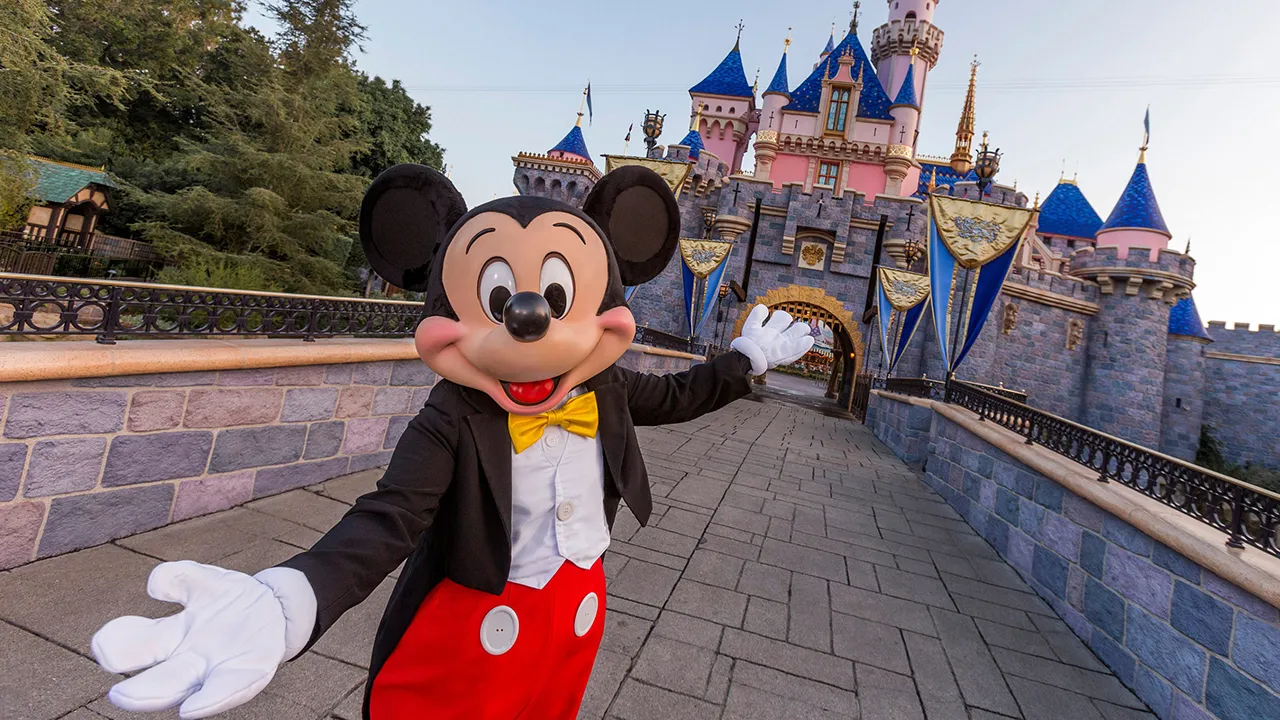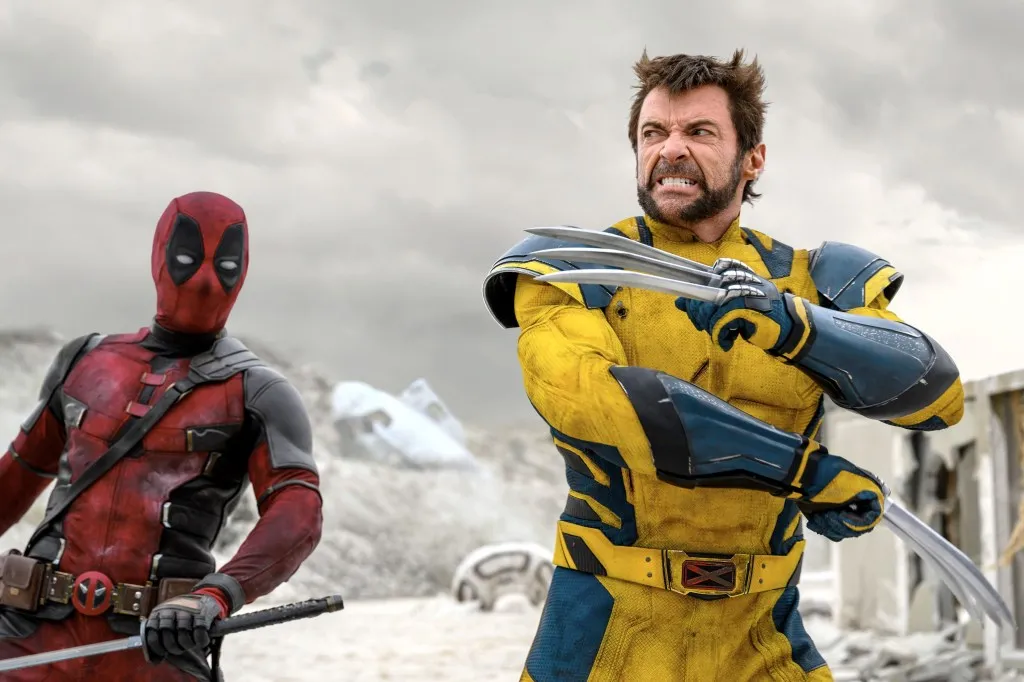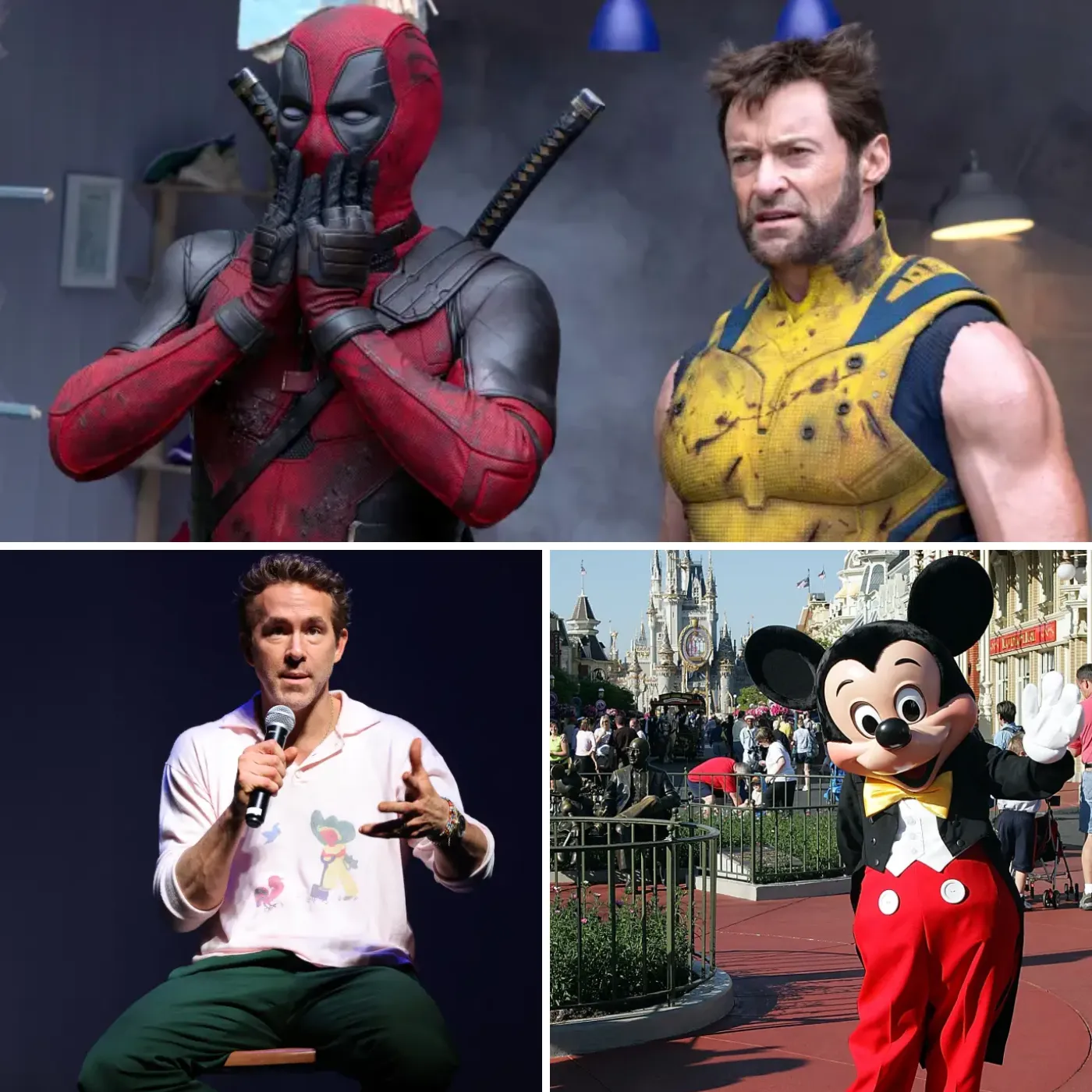The Untold Secrets of “Deadpool & Wolverine”: Censorship, Controversy, and Hidden Humor
Marvel’s “Deadpool & Wolverine” has been celebrated as one of the boldest and most successful superhero films of all time. The R-rated blockbuster not only pushed boundaries with its unapologetically irreverent humor but also stirred controversy behind the scenes. While the movie grossed a staggering $1.3 billion at the box office, what truly captured fans’ attention were the whispers of a joke so outrageous it had to be axed by Disney CEO Bob Iger himself.
Behind the veil of controversy lies a tale of censorship, audacity, and a dash of corporate intrigue. Here’s a deeper dive into what was cut, why it mattered, and the dangers of pushing humor to the limits in Hollywood’s most lucrative franchise.
The “Mickey Mouse C–k” Joke: Disney’s Red Line
Ryan Reynolds, both star and co-writer of the film, is no stranger to raunchy humor, but even he admitted that one particular line in “Deadpool & Wolverine” pushed the envelope too far. The infamous quip referenced Mickey Mouse in a highly inappropriate manner:
“F—K! What we can’t even afford one more X-Man? Disney is so cheap. I can barely breathe with all this Mickey Mouse c–k in my throat.”

This line, buried in the original script, was deemed too explicit for even Disney’s first-ever R-rated Marvel film. Reynolds reportedly received a direct request from Disney CEO Bob Iger to cut the line, with Iger allegedly saying, “Ryan, this one’s going to make our life hard over here.”
What makes this situation particularly intriguing is Disney’s willingness to tolerate a plethora of other digs at its expense. From jokes about the Marvel Cinematic Universe to jabs at the personal lives of its stars, the film walked a tightrope of explicit and subversive humor. Yet, this one Mickey Mouse joke stood out as a “no-go,” possibly signaling Disney’s sensitivity around its flagship character and global brand identity.
Was it just the vulgarity, or did the line threaten to undermine Disney’s squeaky-clean reputation? The truth remains shrouded in mystery, but one thing is clear: even Deadpool has limits, and those limits are shaped by the Mouse himself.
The Replacement Joke: Pinocchio’s “Dirty” Cameo
While the original joke was cut, its replacement was hardly tame. In classic Ryan Reynolds fashion, the line substituted was arguably just as risqué. According to director Shawn Levy, the rewritten joke involved Pinocchio performing a lewd act on Deadpool, only to lie repeatedly and escalate the absurdity.
Levy recalled with a mix of humor and exasperation, “That’s Ryan for you, audacious to the very edge.” The inclusion of this equally outrageous line demonstrates the delicate balance the filmmakers had to strike—pushing boundaries while keeping Disney executives just comfortable enough to sign off.
This moment underscores the creative tension in “Deadpool & Wolverine.” On one hand, the movie’s success relied on its raw, unfiltered comedy; on the other, it had to navigate the demands of being part of a family-friendly corporate empire. The result? A film that feels like it’s constantly teetering on the brink of chaos, a feature that has only added to its mystique.
Hidden Messages and Controversial References
Beyond the infamous jokes, “Deadpool & Wolverine” is rife with subtle (and not-so-subtle) references that kept audiences buzzing. From jabs at Hugh Jackman’s divorce to Jennifer Garner’s cameo as Elektra—a role tied to her ex-husband Ben Affleck—the film blurred the line between fiction and reality.

These meta-humorous moments elevated the movie beyond a standard superhero flick, but they also raised questions about how far is too far. Some fans have speculated that the film’s willingness to address taboo topics is part of a broader commentary on Hollywood itself—an industry rife with secrets, scandals, and power struggles.
Perhaps the most fascinating element of “Deadpool & Wolverine” lies in what wasn’t said. The decision to cut the “Mickey Mouse c–k” joke raises questions about the limits of creative freedom under a corporate giant like Disney. How much of the film’s rebellious spirit is genuine, and how much is carefully curated rebellion designed to keep audiences engaged while protecting the brand?
A Dangerous Balancing Act
The success of “Deadpool & Wolverine” has proven that audiences crave bold, unfiltered storytelling—even within the constraints of massive franchises. Yet, the controversy surrounding the cut joke serves as a stark reminder of the hidden power dynamics in Hollywood.
What other lines were rewritten, jokes removed, or scenes left on the cutting room floor? As fans eagerly dissect the film for clues, one thing is certain: the true story of “Deadpool & Wolverine” is as layered, provocative, and mysterious as the movie itself.
For now, the untold secrets remain just that—secrets. And in the shadow of the Mouse, some mysteries may never see the light of day.




Post Comment